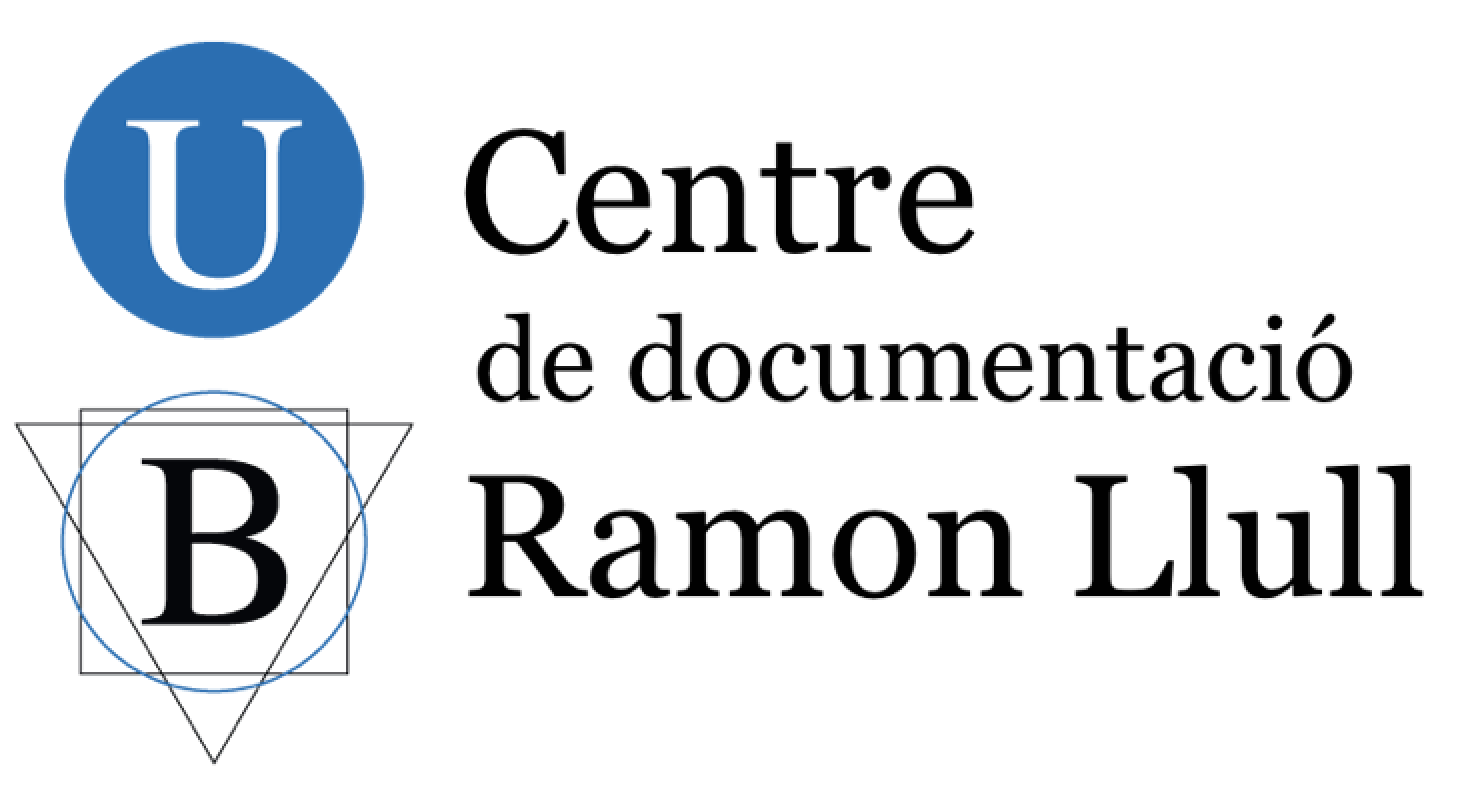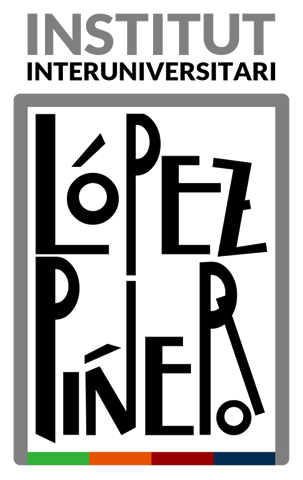MedCat
Accés a la base de dades MedCat.
Arxius consultats | Advertiment | Sobre les fitxes | Com citar | Avís legal
bib3633 (23 / February / 2026)
|
Darrera modificació: 2020-08-04 York, William Henry, Experience and Theory in Medical Practice during the Later Middle Ages: Valesco de Tarenta (fl. 1382-1426) at the Court of Foix (France), Tesi doctoral de la Johns Hopkins University, 2004, 256 pp.
|

Què són les imatges?
Les petites imatges de la cinta ornamental corresponen, d'esquerra a dreta, als següents documents: 1. Jaume II ordena resoldre les discòrdies veïnals per una finca del metge reial Arnau de Vilanova a la ciutat de València, 1298 (ACA); 2. Contracte entre Guglielmo Neri de Santo Martino, cirurgià de Pisa, i el físic-cirurgià de Mallorca Pere Saflor, batxiller en medicina, per a exercir la medicina i la cirurgia sota la direcció del segon, 1356 (ACM); 3. Valoració de l'obrador de l'apotecari de Barcelona Guillem Metge, efectuada pels apotecaris Miquel Tosell, Berenguer Duran i Vicenç Bonanat, per a ser venut al també apotecari Llorenç Bassa, 1364 (AHPB); 4. Pere III el Cerimoniós regularitza la situació legal d'Esteró, metgessa jueva de Vilafranca del Penedès, concedint-li una llicència extraordinària per a exercir la medicina, 1384 (ACA); 5. Procura de Margarida de Tornerons, metgessa a Prats de Molló i a Vic, per a recuperar els béns que li retenia un tercer a Vic, 1401 (ABEV); 6. Doctorat i llicència docent de Narcís Solà, batxiller en medicina, expedits per Bernat de Casaldòvol, doctor en medicina i canceller de la Facultat de Medicina de Barcelona, 1526 (AHCB); i 7. Societat entre Joan Llunes i Joan Francesc Llunes, pare i fill, i Lluís Gual, gendre del primer, cirurgians de Caldes de Montbui, per a exercir la professió, 1579 (AHCB).


